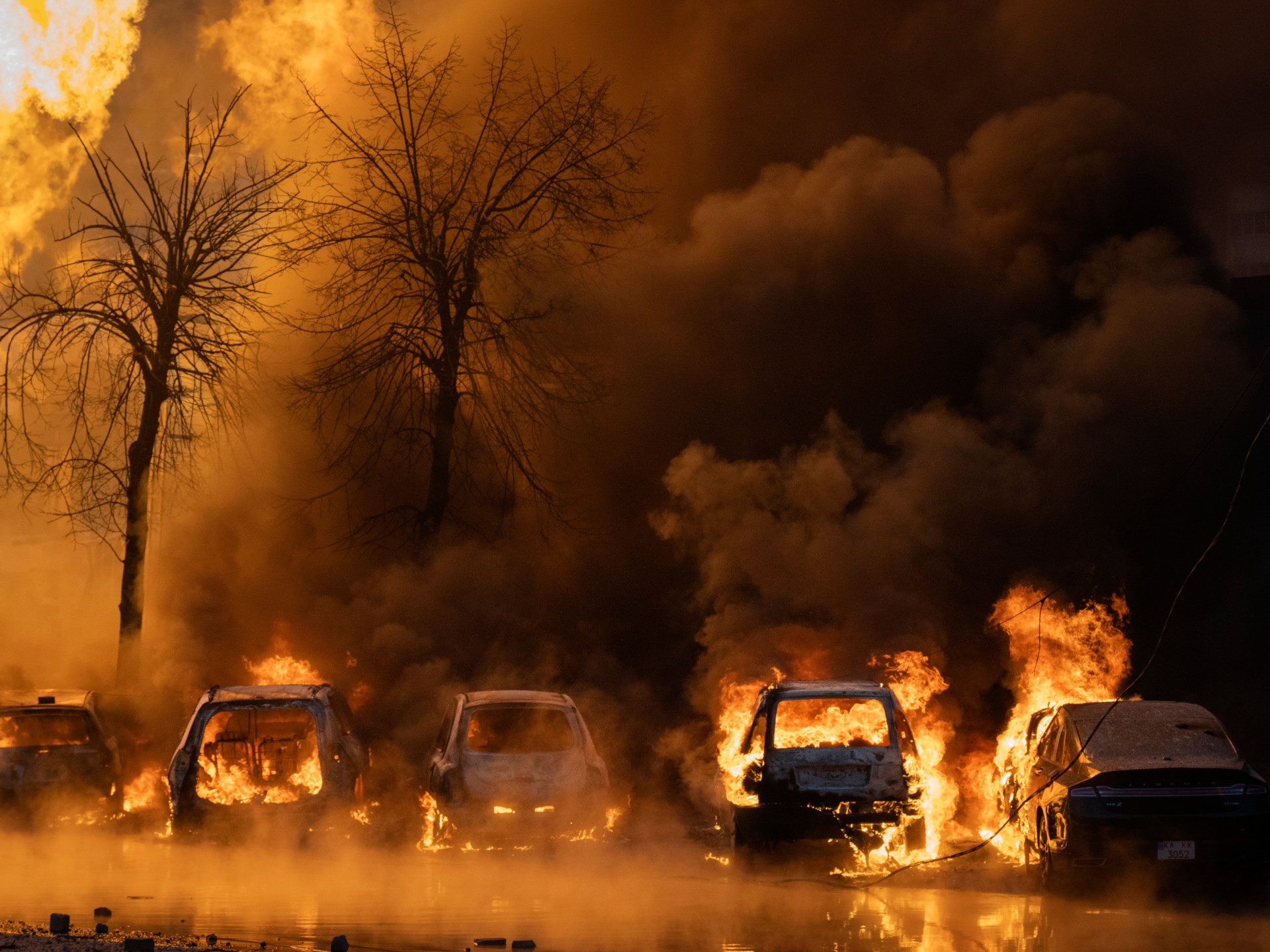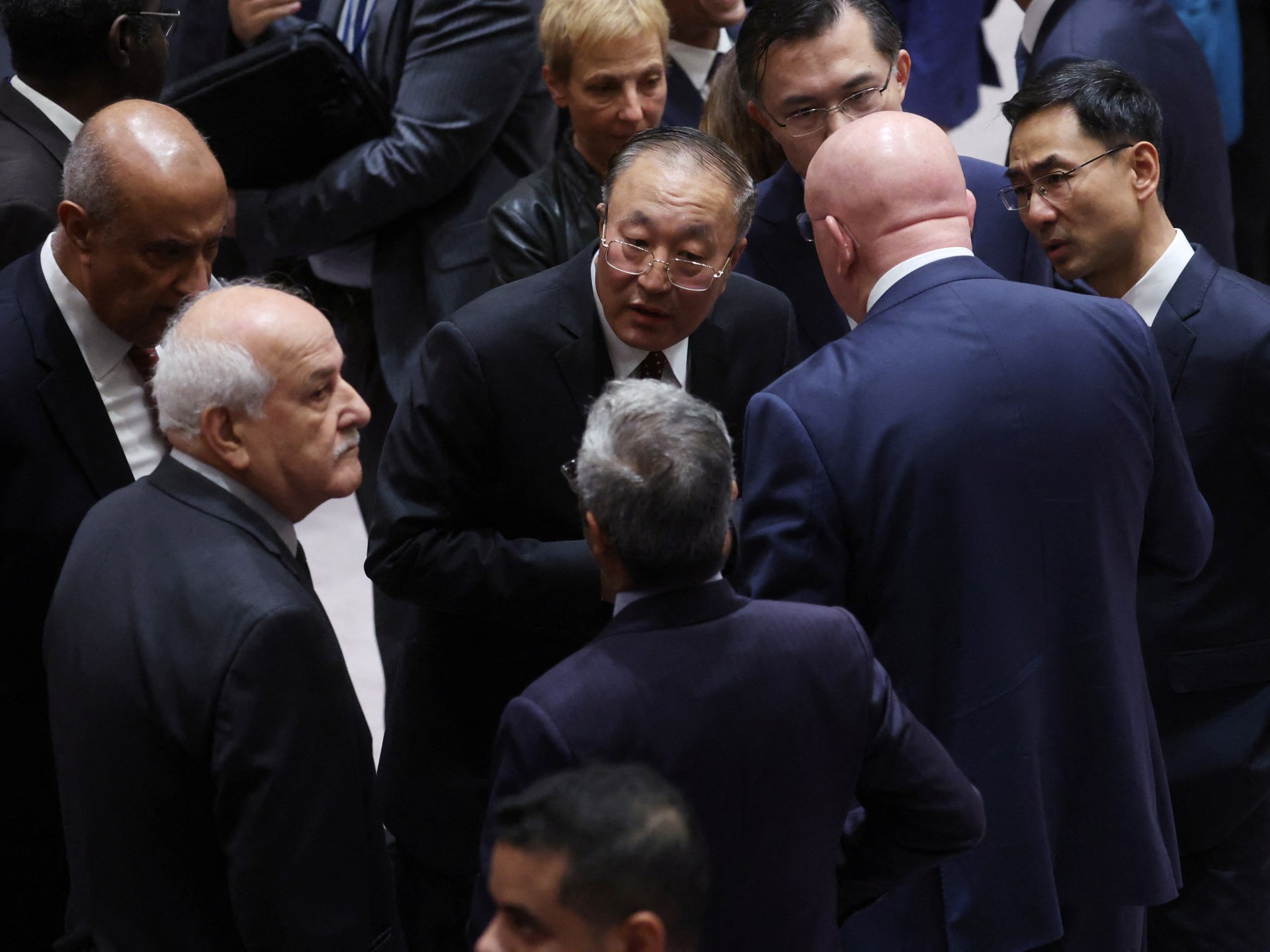
Islamabad, Pakistan – Pakistan and Iran have agreed to de-escalate tensions after mutual military attacks on each other’s territory this week. But the incident reveals a lack of trust between neighbors that will continue to strain relations even after the missiles and allegations subside, analysts say.
On Friday evening, Pakistan’s Foreign Minister Jalil Abbas Jilani spoke with his Iranian counterpart Hossein Amirabdollahian. “The two foreign ministers agreed that working-level cooperation and close coordination in combating terrorism and other aspects of mutual interest should be strengthened. They also agreed to de-escalate the situation,” a statement from Pakistan’s foreign ministry said.
Iran carried out late Tuesday Missile and drone attacks At least two children were killed and three injured in Pakistan’s Balochistan province. Tehran said the rare border crossing targeted Jaish al-Adl, a Sunni Muslim armed group accused of attacks in the Iranian territory of Sistan-Baluchestan.
In less than 48 hours, Pakistan replied with “precise” military strikes that killed at least nine people, including four children and three women. Iranian media, citing state officials, reported that those killed were “non-Iranians,” suggesting they may have been Pakistani nationals.
The rare military action between the two countries threatened to escalate into a wider conflict in a region already tense due to Israel’s more than three-month war in the Gaza Strip.
Pakistan’s caretaker Prime Minister Anwaar-ul-Haq Kakar cut short his visit to Davos, Switzerland, where he was attending the World Economic Forum. On Friday he chaired a meeting of the National Security Council Check the security situation.
As the United Nations and world powers urged restraint between the two Muslim-majority countries and their close ally China offered mediation, Islamabad and Tehran toned down their rhetoric.
In a statement on Friday, Iran’s Foreign Ministry referred to “the friendly and brotherly government of Pakistan.” A similar statement from Pakistan’s Foreign Ministry on Thursday said Islamabad “fully respects the sovereignty and territorial integrity of the Islamic Republic of Iran.”
But even in these conciliatory statements were signs of the ongoing border tensions between the neighbors, which exploded in the form of rocket attacks this week.
Iran’s statement on Friday said it expects Pakistan to “fulfill its obligations to prevent the establishment of bases and the deployment of armed terrorist groups on its soil” and described the security of its citizens as “a red line.” . And Pakistan insisted that it had attacked targets in Iran “in pursuit of Pakistan’s own security and national interest, which is of utmost importance and must not be jeopardized.”
“Ruthless and inconsiderate”
Analysts have questioned Iran’s motive for carrying out attacks inside Pakistan during Israel’s attack on Gaza, which also involved Iranian allies such as Hezbollah in Lebanon and the Houthis in Yemen.
Joshua White, a professor of international affairs and a non-resident fellow at the Brookings Institution think tank in the United States, told Al Jazeera that Iran and Pakistan had ample grounds for de-escalation following the terrorist attack “Unusual strikes”.
“The reality is that both governments use rhetoric about brotherhood when it suits them, but are often suspicious of each other’s motives. “This is a low-trust relationship, but neither Islamabad nor Tehran has much to gain from the escalation of tensions,” he said.
Ali Vaez, Iran project director at the International Crisis Group, added that Iran’s move against Pakistan risks opening a new front against a nuclear-armed neighbor.
“The attack was both reckless and reckless against a nuclear state on whose cooperation Iran relies to govern armed Baloch groups – and sent a deadly message to the wrong address – as most of the setbacks Iran has suffered in recent weeks in the hands of Israel, the USA and the so-called Islamic State [ISIL/ISIS]Vaez told Al Jazeera.
Islamabad-based security expert Syed Rifaat Hussain said dialogue was necessary for the two countries to restore trust.
“The talks must take place between the two nations and they could be either at the military or civilian level, but leadership will play an important role in defusing tensions,” he told Al Jazeera.
Hussain said the unprovoked Iranian attack remains a mystery to him.
“The Iranian calculation is quite complex. Maybe Iran exaggerated. They assumed that Pakistan would absorb the attack and show restraint or at most a verbal protest,” he said.
Vaez agreed, saying Iran had “exaggerated” its apparent need to demonstrate strength.
“It put Pakistan in a situation where it had no choice but to retaliate in the form of countermeasures and draw a red line for unilateral Iranian attacks on its sovereign territory,” he said.
Vaez wondered whether Iran’s decision to strike was driven by “internal pressure on the need to flex its military muscles to prevent further targeted killings of its senior army commanders and attacks against its allies in the region.”
“Furthermore, the Iranian government also seems interested in wagging the dog given that there are parliamentary elections in six weeks and there is a high level of political apathy,” he told Al Jazeera.
White said it was unlikely that tensions between Pakistan and Iran would play a significant role in U.S. policy toward the two countries.
“I do not believe that this incident will change the US attitude towards Iran and is unlikely to significantly change Washington’s commitment to Islamabad. American officials have long viewed tensions between Iran and Pakistan in the Balochistan region as a complex but localized conflict,” he said.
Vaez said that neither Iran nor Pakistan were interested in escalating tensions, but added a word of caution given the volatility in the region:
“This is unlikely to escalate beyond a limited level, but it is a reminder of the increased risk of miscalculation in the fog of the Gaza war, which can further spread and escalate the conflict.”






Recent Comments